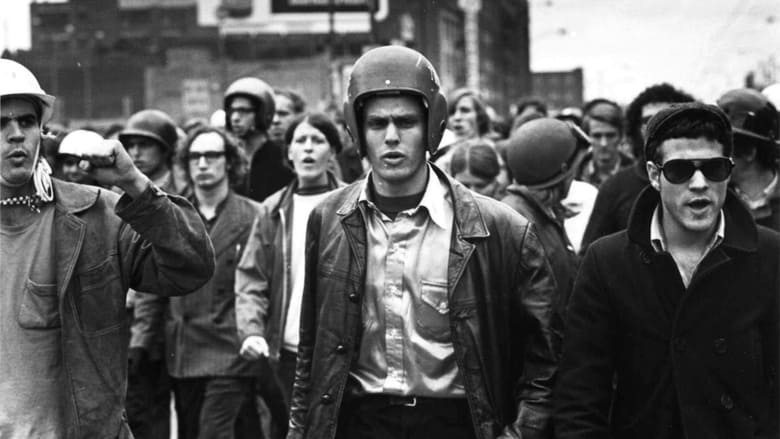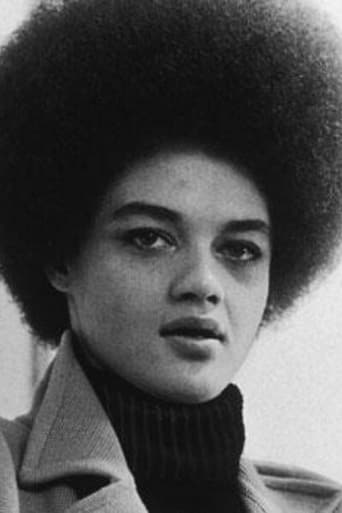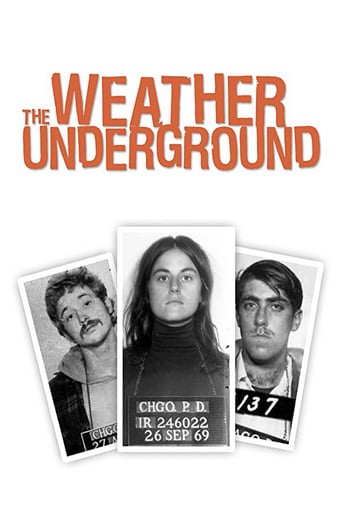
The remarkable story of The Weather Underground, radical activists of the 1970s, and of radical politics at its best and most disastrous.
Similar titles
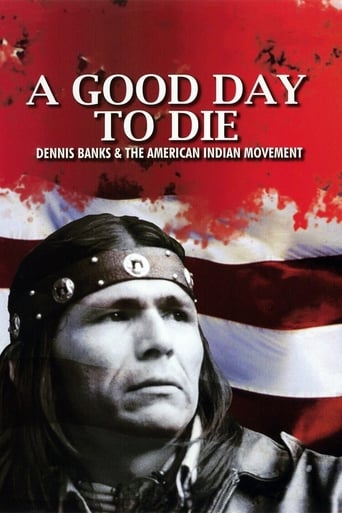
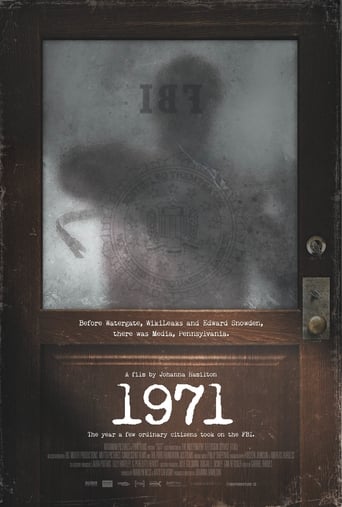
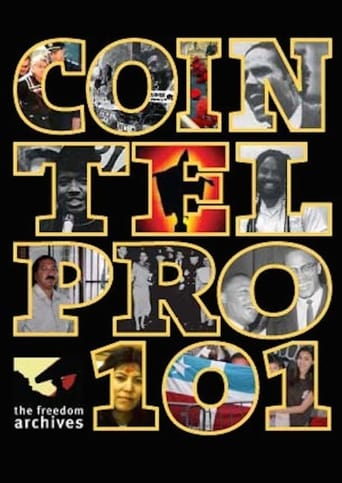
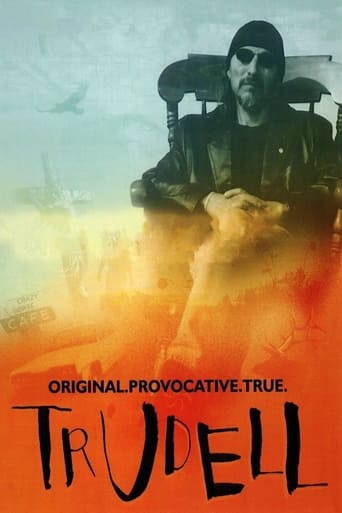
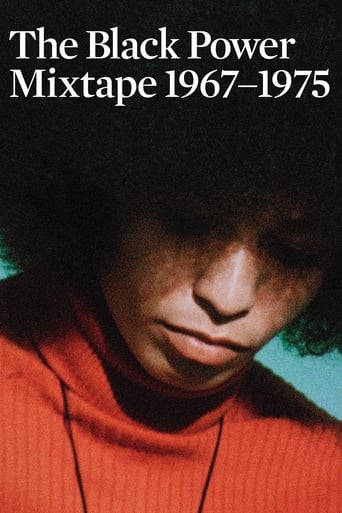
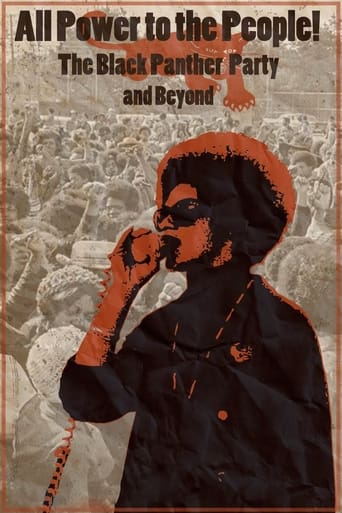

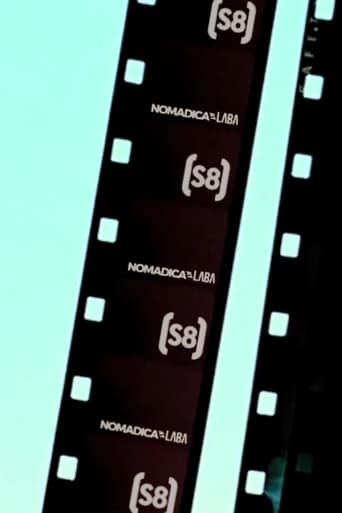
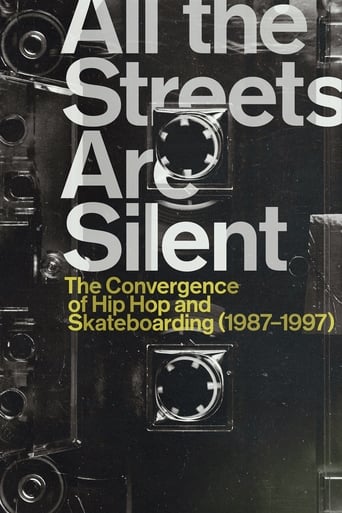
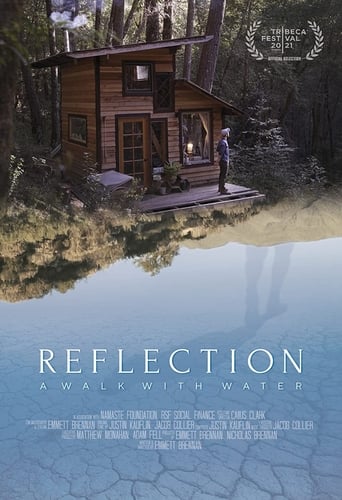
Reviews
This movie is the proof that the world is becoming a sick and dumb place
This story has more twists and turns than a second-rate soap opera.
Funny, strange, confrontational and subversive, this is one of the most interesting experiences you'll have at the cinema this year.
Through painfully honest and emotional moments, the movie becomes irresistibly relatable
The Weather Underground succeeds where no German film dealing with this period has. German political violence shared themes, lifestyles, illusions and ideals with those of the Weathermen. Groups like the Rote Armee Fraktion however crossed over into leading a violent and murderous uprising against the post-war German state and social order. German society would have all the more reason to revisit this period to gain historical insight and hindsight. The recent high profile attempt at this, Baader-Meinhof Complex, is regrettably shallow and embarrassing. Taking a good look at this film would be a step in the right direction.Green and Siegel, despite their obvious sympathy for the material, do not try and finish the narrative of their protagonists. The film allows each of the figures to represent as much of their story as they can relate to. From the intact and defiant self-understanding of Bill Ayers and Bernardine Dohrn, to the confusion of Brian Flanagan, or the horrific outcome for former SDS luminary, David Gilbert, whose earliest scheduled release from prison is in 2056. There is no doubt that the Weather Underground failed to relate to the political reality of the period. They were instrumentalized by agent provocateurs from COINTELPRO, fragmented and distorted the SDS, and are part of the global discreditation that political radicalism of the period is subjected to. Their emancipatory narcissism serves as a lesson for the inadequacy of bourgeois subjectivity to actually bridge the gap into some form of normative or justice alterity. Their individual liberation meant exploring the limits of their subjectivity, drugs, violence, sex as a never ending hysteria of self-aggrandization. As much as the unbroken characteristic of some of the figure rings true, there is something out of joint about it. It is as if they never learned that their path produced so much suffering because it was not about the people for whom they held themselves out to represent. This becomes painfully clear in the footage where the Black Panthers, who were reeling under the full force of their leaders being serially murdered by law enforcement agents, rejected the Weathermen's violence and political superficiality.At the same time, we are invited to understand the depth of their motivation and their willingness to sacrifice. Additionally, the film takes pains to take up to an important task. It represents the contradictions of the historical moment that made such subjective distortions inevitable. Green and Siegel succeed in bringing us into the deep tragedy that the Weathermen stand for, a society so failed that self-immolation appeared for some to be the only method of self-recognition. It is the portrayal of a lose-lose situation that marks the impoverishment of the concept of the emancipatory into the present.
Using interviews from 2001 and stock footage, the film-makers have displayed an honest account from the late 1960s where mostly white, middle-class teenagers who wanted a change in America were concerned. The Vietnam war was blazing, Fred Hampton was murdered by the police, and it all started with a bunch of youths who wanted to overturn the US government, and ended in a long time-spanning series of bombings. Really, really interesting: for one you have a Baader-Meinhof factor in this, and secondly, the really interesting reason for why most of the members of The Weather Underground were not sentenced to prison for very long. Recommendable.
I had actually never heard of the Weathermen before "The Weather Underground" came out. As I understand it, some people complained that the documentary glossed over some of their more violent activities (and some people think that that may have cost it the Best Documentary Oscar). But the way I see it, these sorts of documentaries are always going to stir up controversy, with different factions in society complaining about what they do and don't focus on.No matter. I will say that the documentary brings up important questions about when it's OK to use violence against those in power. Certainly the US government's actions in Vietnam - plus its spying on radical groups - left the people who formed the Weathermen feeling that they had no other options. And of course, it brings up questions of how far we can go today, when the Bush administration labels political opponents as terrorist enablers.So overall, I do recommend the documentary as a look at '60s radicalism (even though this is radicalism in a less than pleasant form), and also a look at government surveillance. Whether or not you agree with the Weathermen is of course up to you. As for whether or not the documentary glossed over their more violent activities, is that any different from glossing over the government's crimes?
Little has been written in the popular media about the Weathermen. My only knowledge came from a dictionary of hip neologisms and a well-known pocket-sized journal which conflated them with the Black Panthers, the Symbionese Liberation Army and the killing by one of it's ex-members 10 years later, after he had joined a completely different group. A nice try to produce the mental impression 'tainted, don't believe in', but this film reverses it by trusting you with the details. It contains great archive footage. Crucially, it contains no noodling left-wing speeches, but shows people who were completely unimpressed with the Weathermen, and one member who seems to have rejected the methods they used. Despite these differences, all are given an equal chance to explain their motivations, and that makes it a really fascinating documentary. Steal this film.
Top Streaming Movies











